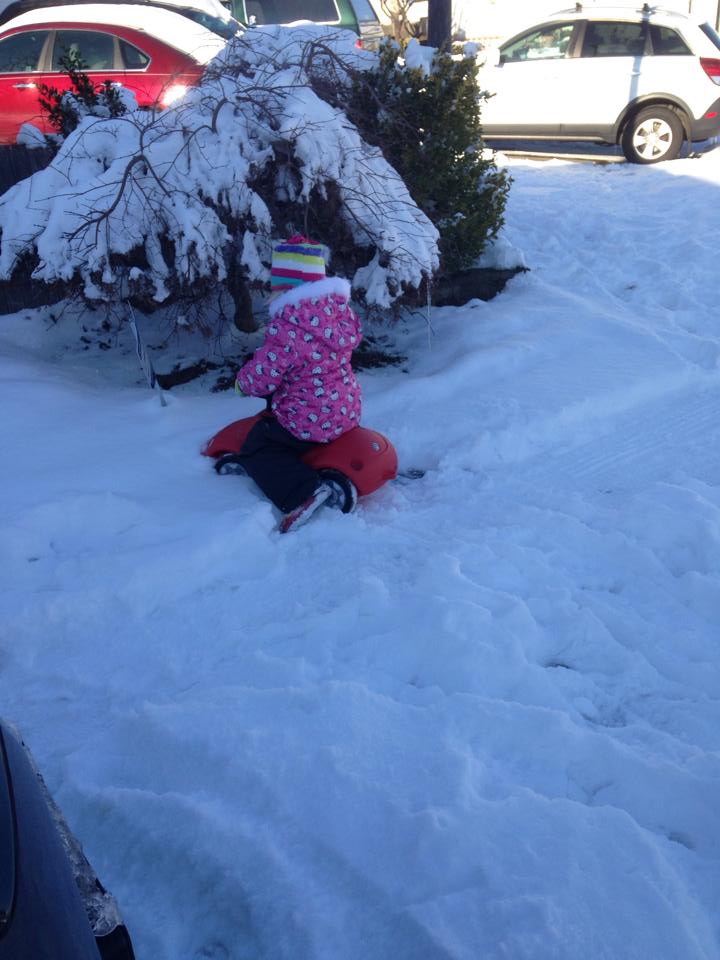Posted on 5/21/2018
One question always going through my mind is, “What is the right amount of vehicle maintenance:” Too much, and you’re wasting money; not enough, and the vehicle’s dependable life flies out the window. The owner’s manual has great information on what to do and when. But – and this is a big but – are the maintenance recommendations enough to ensure the vehicle last a long time? On one end of the spectrum is the “up sell” of fluid changes; oil or fluid wiped on a white rag showing how dirty it is; shocks that are seeping slightly; or the air filter that is somewhat dirty. (Remember, a slightly dirty air filter will NOT affect your fuel mileage. Advanced electronic engine controls compensate for this on vehicles made since 1995. A truly plugged air filter should be replaced, however, because it will cut engine power.) ... read more
Posted on 4/18/2018
Fuel costs are rising. Following are ways to save money at the pump. Check tire pressure at least monthly. Tire pressures are found on the driver’s doorjamb or in the owner’s manual. Pressures written on the tires are a maximum pressure, not the recommended pressure. Low tire pressure can reduce fuel mileage by 5 percent and create a safety hazard. Always check tire pressure when the tires are cold or cool, not after freeway driving. It is best to have your own tire pressure gauge. They cost less than $5. Drive smoothly, anticipate traffic lights, and refrain from quick starts. Act as if there is an egg under your gas pedal, and accelerate slowly. Watch the traffic lights ahead so you don’t have to use your brakes. Plan your route, and get to know the traffic lights. Every time you use your brakes, you waste en ... read more
Posted on 3/21/2018
The Internet has made a lot of great information available around the world. All of my businesses use the Internet for their websites, for seeking information, and for accessing paid information websites. We used to buy thousands of dollars of books on automotive repair annually; now we use automotive repair websites such as mitchell1.com or alldata.com. We pay more than $1,000 per month to use these sites and others for our shops. When repairing or servicing a vehicle, it is important to use high quality, reputable parts. We identify these high quality components thanks to years of installing brand name parts and monitoring their successful results. All parts, whether rebuilt or new, are not created equal. For example, I formerly used a particular rebuilder of starters and alternators, but the customer comeback rate – this refers to a vehicle not repaired properly the first time – regarding those parts was more than ... read more
Posted on 1/18/2018
To minimize the cost of car ownership, here are some tips from cradle to grave. When car-shopping, be sure to check with Consumers Reports. It is the most unbiased source of vehicle information, and affordable. The April edition is devoted to new and used vehicles. Not only does it offer tips on what to buy, but how to buy and what “extras” you can avoid. I have followed Consumer Reports advice on the last nine vehicles I have bought and have not been disappointed. Not all vehicles are created the same. The small investment of buying the magazine, or searching its website, and spending two or three hours on research can save you thousands of dollars down the road. Next, establish a routine for getting your vehicle serviced. The owner’s manual has schedules for when services are due in addition to all of the other vehicle information. Keep in mind that oil servi ... read more
Posted on 10/17/2017

Hard to believe that fall is right around the corner; time to get prepared for the rains and winter. Rain, snow, and ice all comes with fall and winter. Your tires are your first line of defense between you and the road. Poor tires are just plain dangerous for you and the other people on the road. Make sure your tires are in good condition and are wearing evenly. Check your tire pressure, the pressure is determined by the automobile manufacturer, not the tire company. You will find your recommended tire pressure on the driver’s door jamb, glove box lid or in your owner’s manual. Coolant check, 50-50 mixture of antifreeze/water. That will bring it down to -34 the recommended level for winter and so the cooling system doesn’t corrode and rust. Battery check. A battery receives its electric energy from chemical reactions. The colder it is, the less power a battery has. And on top of this, a cold engine requires more power to crank it over. Cold weather is ... read more
Posted on 2/23/2017
Your vehicle is one of the most expensive objects you own and it loses value every year. Vehicles just about always fall in value as you “use” them for your day to day travels. To call them an investment would be a poor choice of words unless you calculated time saving. A vehicle gets you to your destination quickly, saving your un-renewable asset called time. Over the past 43 years of maintaining vehicles I have my own theory of how to minimize the expenses of owning a car. This theory includes the top three reasons people buy new cars. The first is the same reason you buy new clothes. Your old clothes are not worn out; you just need a new “fashion” statement. The second reason for buying a new car is your old one is worn out, undependable, needs a lot of repair, has too many dents, lack of shine. The third reason is it doesn’t fit your life style anymore, family expanding or contracting, and you need for larger or smaller vehicle. When I buy ... read more